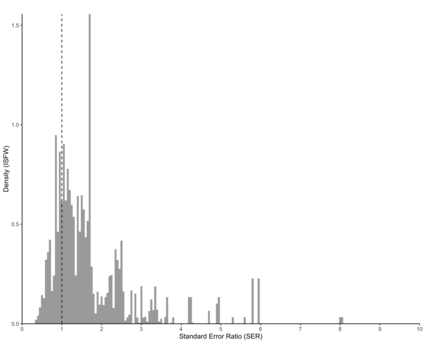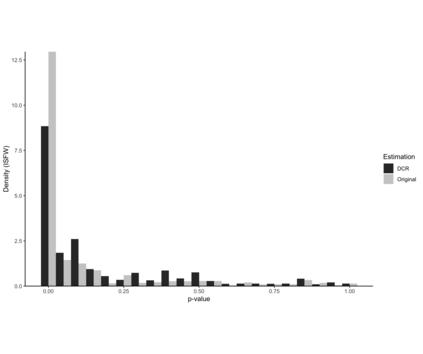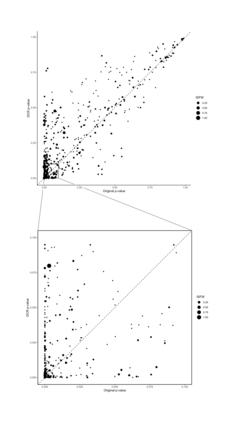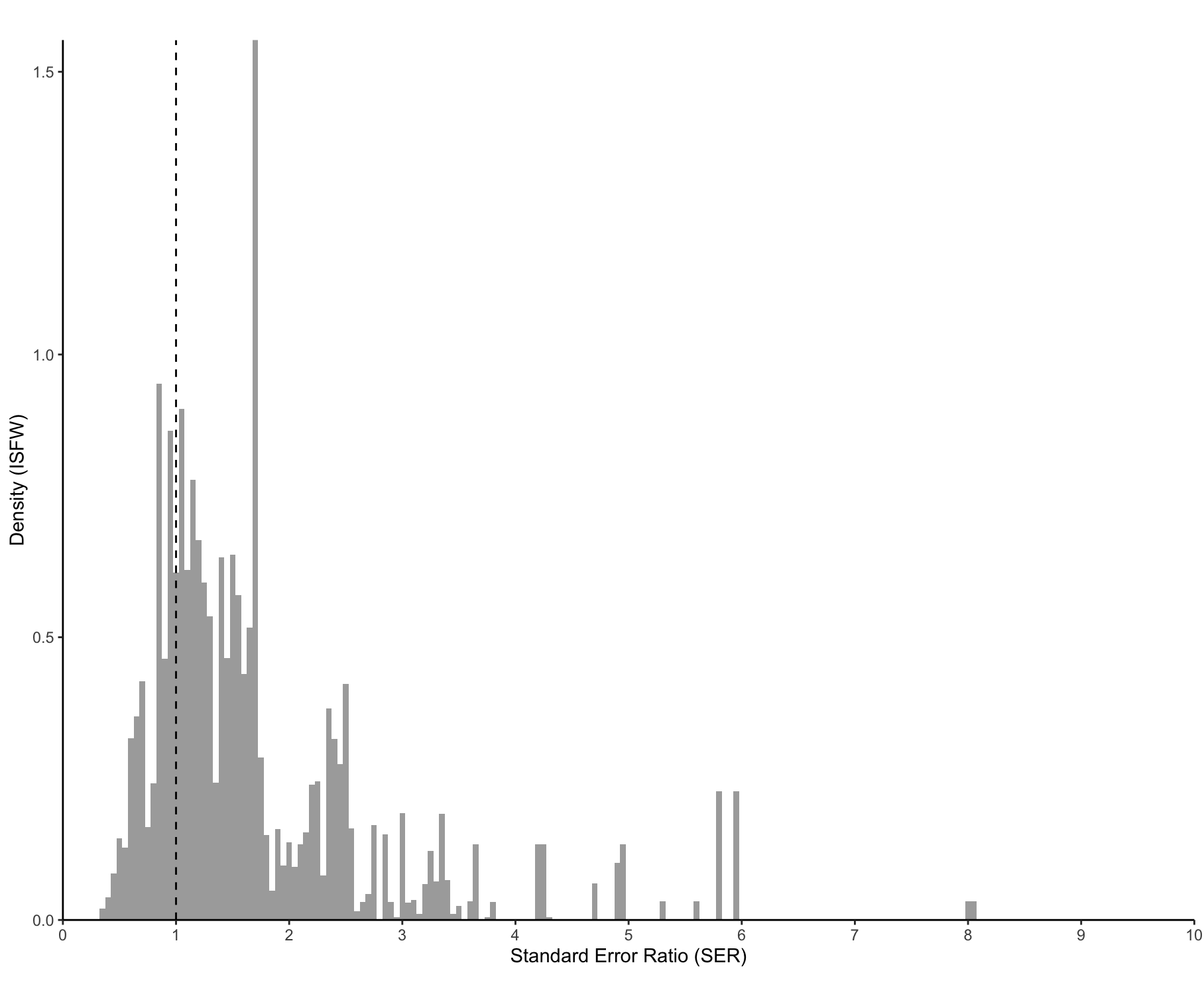Quantitative empirical inquiry in international relations often relies on dyadic data. Standard analytic techniques do not account for the fact that dyads are not generally independent of one another. That is, when dyads share a constituent member (e.g., a common country), they may be statistically dependent, or "clustered." Recent work has developed dyadic clustering robust standard errors (DCRSEs) that account for this dependence. Using these DCRSEs, we reanalyzed all empirical articles published in International Organization between January 2014 and January 2020 that feature dyadic data. We find that published standard errors for key explanatory variables are, on average, approximately half as large as DCRSEs, suggesting that dyadic clustering is leading researchers to severely underestimate uncertainty. However, most (67% of) statistically significant findings remain statistically significant when using DCRSEs. We conclude that accounting for dyadic clustering is both important and feasible, and offer software in R and Stata to facilitate use of DCRSEs in future research.
翻译:国际关系中的量化实证调查往往依赖于dydic数据。标准分析技术没有考虑到长效体通常不相互独立这一事实。也就是说,当长效体共用一个成员(例如一个共同国家)时,在统计上可能依赖它们,或“集群化 ” 。最近的工作发展了长效体群集强标准错误(DCRSEs),说明这种依赖性。我们利用这些DDCRSEs,重新分析了2014年1月至2020年1月在国际组织发表的所有具有dydic数据的经验文章。我们发现,公布的关键解释变量标准错误平均大约为DCRSEs的一半,表明dyads群集导致研究人员严重低估不确定性。然而,在使用DCRSEs时,大多数具有统计意义的研究结果(67%)仍然具有统计意义。我们的结论是,对dyadic群集进行会计核算既重要又可行,并在R和Stica中提供软件,以便利在未来研究中使用DCRSE。






